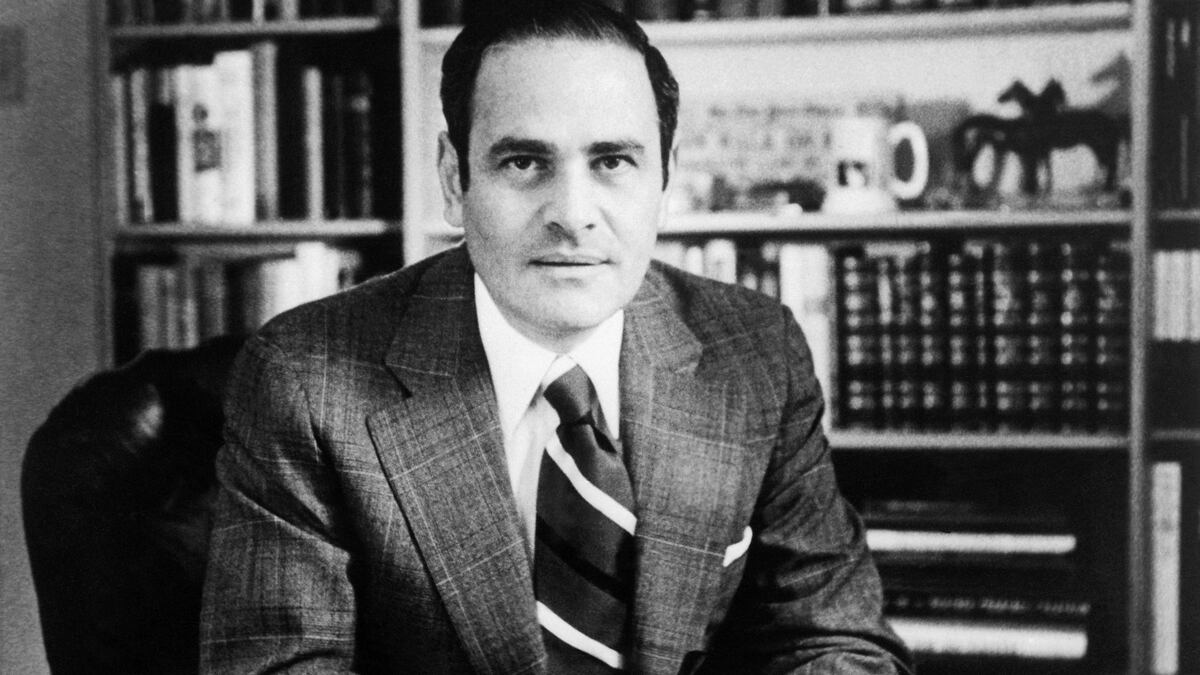On His First Day
“I’ve made my first executive decision,” he told his sister Ruth after his first day on the job. “I’ve decided not to throw up.”
On the Pentagon Papers
“This was not a breach of the national security,” Sulzberger said, referring to his 1971 decision to release the Pentagon Papers. “We gave away no national secrets. We didn’t jeopardize any American soldiers or Marines overseas.” Of the decision, he added, “[I] had no doubt but that the American people had a right to read them and that we at the Times had an obligation to publish them.”
On Secrets
Commenting on the government’s attempt to hide the secrets of the Vietnam War in the Pentagon Papers he quipped, “It’s a wonderful way if you’ve got egg on your face to prevent anybody from knowing it, stamp it ‘secret’ and put it away.”
On Food
Complaining to A. M. Rosenthal, the executive editor, about a published recipe for cooked eel, he joked, “Why can’t our food pages have something on them that most people like?”
On Nixon in China
Occasionally, he would write brief letters to the editor using the name A. Sock, wordplay on “Punch”—his nickname since boyhood. Sulzberger apparently loved a good pun, writing once, “The nationalist Chinese seem extremely apprehensive when Mr. Nixon drinks with Premier Chou,” he wrote in 1972. “Are they scared he’ll Taiwan on?”
On Free Speech
In a 1972 speech, he discussed the vital nature of free speech and said he worried that there was a “troubling lack of understanding of the importance of a free press to a free society and an absence of sensitivity to its fragility.”
On the Globe
After buying The Boston Globe, many criticized the company for paying too much for the paper. Sulzberger disagreed. “It was a business that we understood,” he said. “We know how to run newspapers.”

On Tabloids
Years after the creation and sale of Us Weekly, a celebrity magazine launched by Sulzberger in 1971, he reflected on the experience: “That’s when I came up with a cardinal rule: Never acquire a company that you’re embarrassed to tell your mother about. Or start a publication, in this case. It really isn’t our line of work, and we weren’t very good at it.”
On Going Broke
“A financially sound Times is good for our readers, our advertisers, our shareholders and our employees,” he wrote to The Wall Street Journal in response to criticism about his financial decisions in 1978. “A financially sound Times also is good newspapering. A newspaper that is broke is not going to be able to spend the money necessary to support thorough and aggressive reporting.”
On the Future of Print
“I think that paper and ink are here to stay for the kind of newspapers we print,” he said in an interview postretirement. “There’s no shortage of news in this world. If you want news, you can go to cyberspace and grab out all this junk. But I don’t think most people are competent to become editors, or have the time or the interest.”





